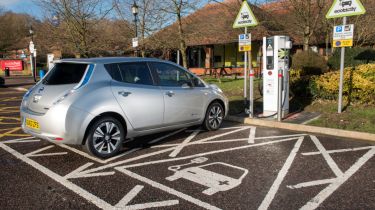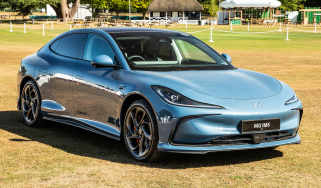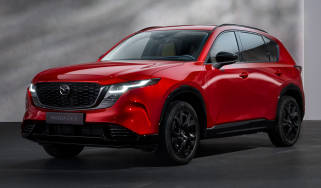Councils fail to invest in electric car charging infrastructure
More than half of councils have spent nothing on electric car chargers in the past 12 months, with 46 per cent not planning anything for 2022

Local councils are failing to invest in electric car charging infrastructure, according to damning new research.
Of the 216 local authorities (covering 60 per cent of the UK population) that responded to a freedom-of-information request by DevicePilot, 52 per cent have spent no money on EV charging infrastructure in the past 12 months. This is in spite of the Government continuing to provide funding through its on-street residential chargepoint scheme.
Nevertheless, the demand for chargers is there; 60 per cent of responding councils received complaints from the public about the availability, reliability or number of charging points in their areas over the same 12-month period.
To make matters worse, 48 per cent of the local authorities said they either didn’t know how many chargepoints they were going to install in 2022 or were planning to install none at all. On average, councils are planning to install only 52 chargers each by the end of 2022.
London councils are far more proactive than those elsewhere, it appears. Local authorities in the capital spent £204,000 on chargers in 2021, more than double the national average, and are planning an average of 39 new chargers per 100,000 people in 2022, compared with a national average of nine per 100,000 people.
The average cost of a chargepoint purchased by a council is £6,000, although figures range between £350 and £100,000 depending on the type. Maintenance costs are estimated at £5.6million per year.
Pilgrim Beart, CEO of DevicePilot, said: “I have a lot of sympathy for councils whose budgets have been stretched to breaking point by the pandemic and budget cuts, but we cannot continue to let the divide between the EV haves and have-nots grow further.
“It should be the UK’s short-term goal to ensure everyone in the country can reap the benefits of EVs, not just the privileged few.”
Councillor Darren Rodwell, transport spokesperson for the Local Government Association, added: “Councils are not responsible for the provision of electric vehicle chargepoints. However, they will invest in a range of measures to help reduce carbon and other harmful emissions from transport, including investment in cycling and walking infrastructure, introducing clean-air zones, and investing in EV technology.
“Each place is different and each council will make spending decisions according to their local priorities. The EV charging industry is still an emerging one and councils have to weigh up many competing demands on both their resources, but also demands on road space as well as take into account any potential risks from making commercial investments into EV chargepoints.”
Click here for our list of the best electric cars on sale right now...
Find a car with the experts




